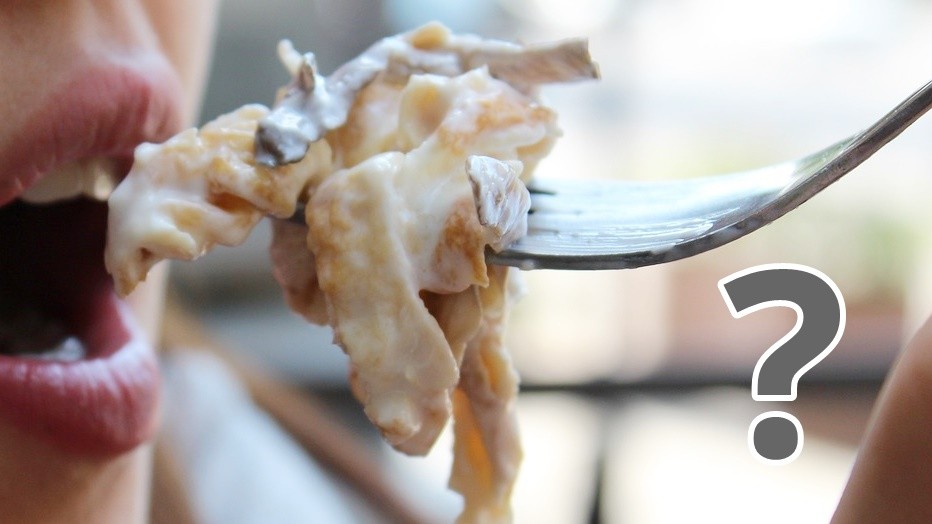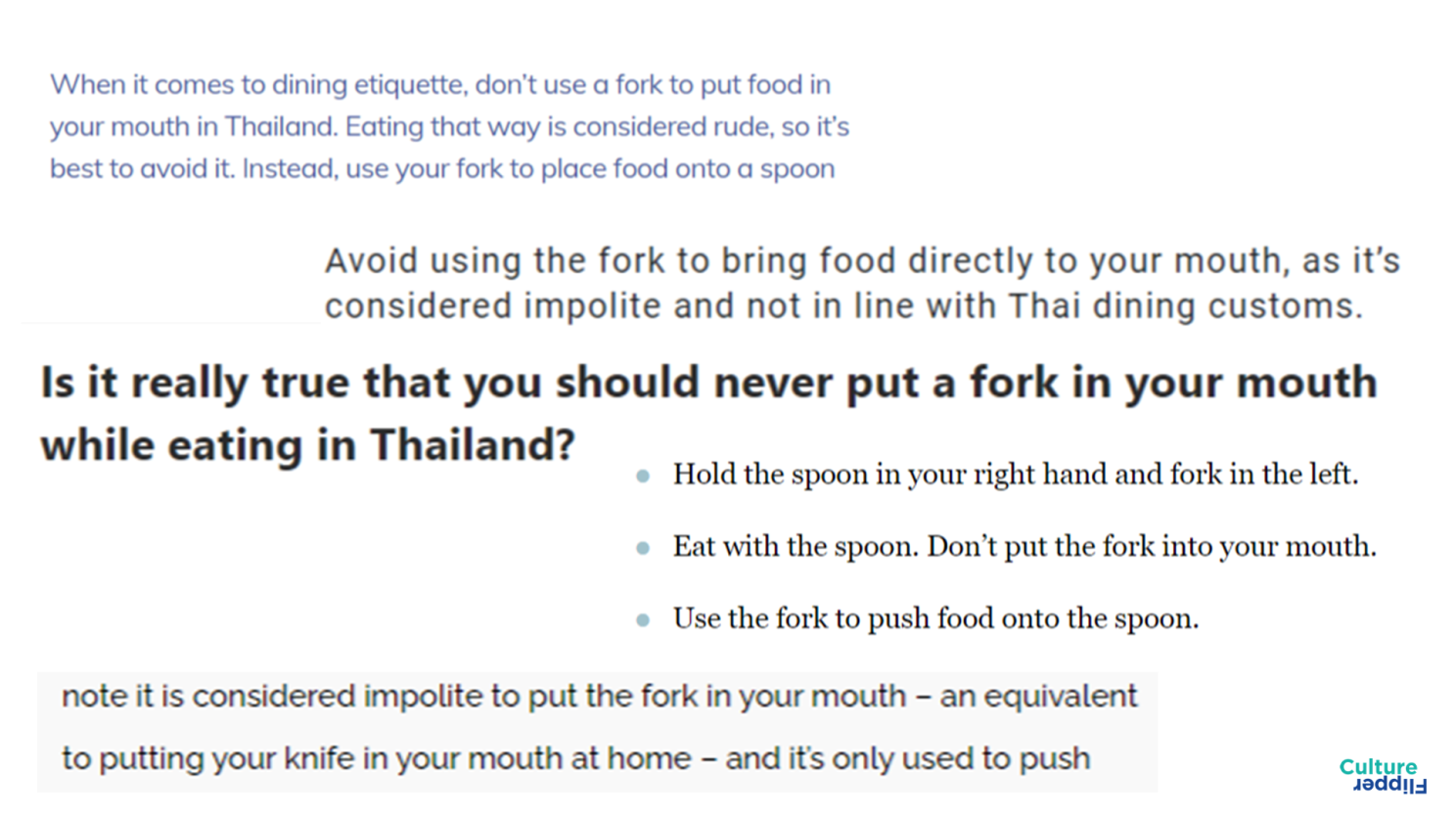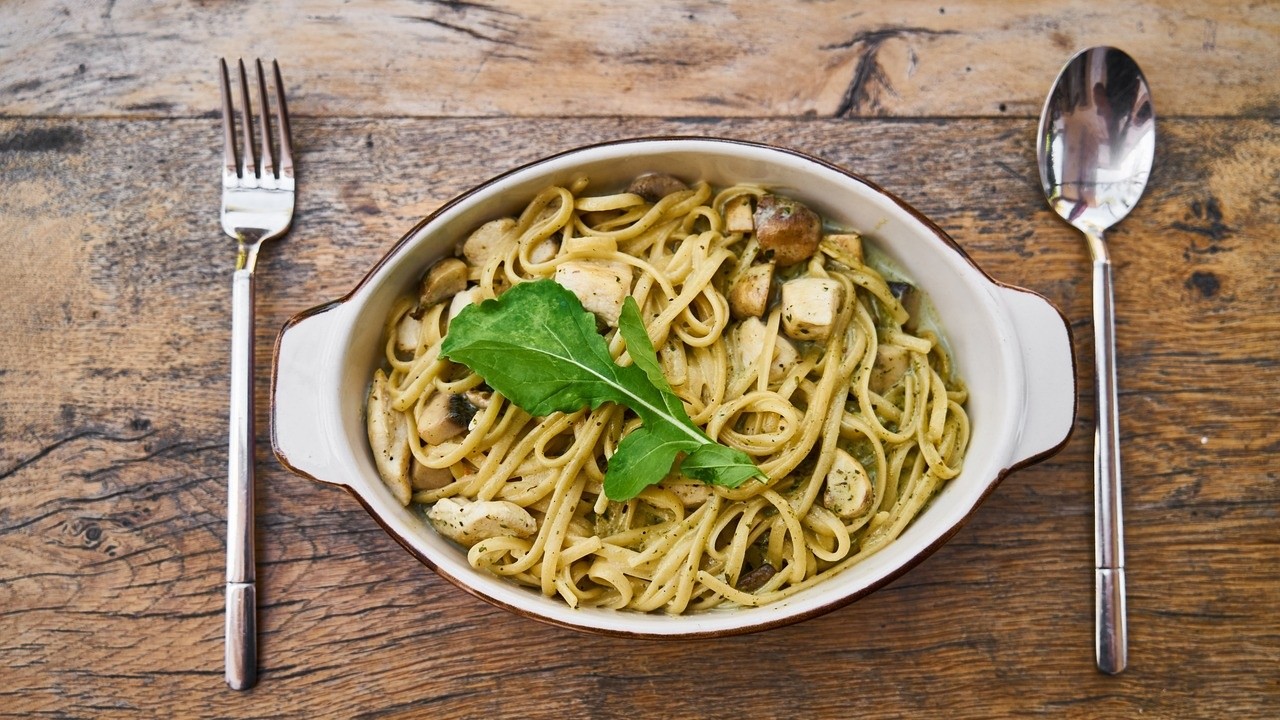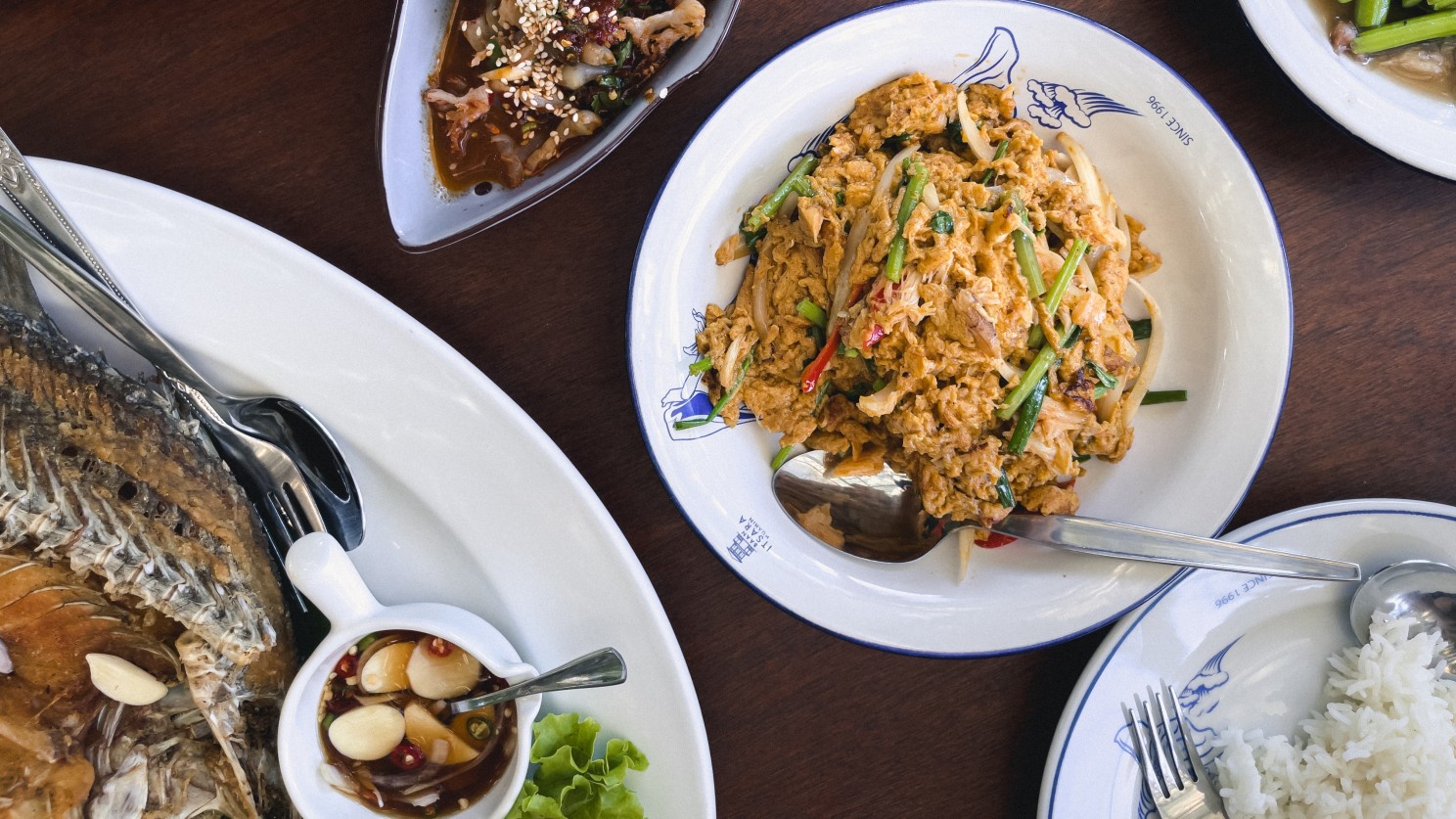
Recently, I stumbled upon a clip on social media discussing the importance of using chopsticks in Asian restaurants. While I appreciate the efforts to understand and respect Asian culture, as a Thai person, I just wanted to clarify that Thai dining etiquette may be different.
As I searched for more information on dining etiquette, I came across various websites claiming that putting a fork in your mouth is considered rude in Thailand. However, as someone who has lived in Thailand my entire life and has never heard of this before, I was confused. I even questioned if there were any royal rules regarding this, but my research yielded no results.

In Thai culture, the main form of cutlery consists of a spoon and a fork. The spoon, held by your dominant hand, is the main tool used to carry food to your mouth, while the fork serves a different purpose. The fork is versatile and can be used to push food onto the spoon, secure large chunks of meat, eat noodles, and even enjoy fruit, vegetables, or cake. It is perfectly acceptable to put a fork in your mouth; just don’t use it as a scooping mechanism.
Thai people adopted the use of spoons and forks a little over a century ago, inspired by Western countries’ use of forks and knives. However, Thai cuisine is typically prepared in bite-sized portions, eliminating the need for a knife. I believe the misconception about forks may have arisen when foreigners assumed a spoon and fork combination was equivalent to a fork and knife. Therefore, they may have assumed the same rule applied.
Thai dining allows for individual preferences and variations. Personally, I only use chopsticks when visiting other Asian restaurants that exclusively provide them for noodle dishes. In Thai restaurants that offer a spoon and fork, I use the fork for noodles and switch to the spoon for soup. While sticky rice can be eaten directly with your hands, using a spoon and fork is still my preferred choice.

While Thai dining may seem lenient, there are still some important rules to follow. In a typical Thai setting, food-sharing is common, so every individual has a plate of rice or an empty plate in front of them, while the main dishes are placed at the center of the table. Use a serving spoon for each dish to serve a spoonful or two onto your rice plate at a time. There’s no limit to how many times you can refill your plate.
It is also customary to use a serving spoon to serve food onto other people’s plates, ensuring everyone has enough to eat. However, if there is something you don’t want, it is perfectly fine to politely decline. If someone can’t reach a specific dish, you can either use a serving spoon to serve it to their plate or hand them the dish to switch places with another dish.
In formal settings, it is respectful to let the most senior person take the food to their rice plate first, usually with just one spoonful as a signal to start the meal. Additionally, try to avoid making loud noises with your cutlery and eat quietly, avoiding loud chewing or slurping sounds. Lastly, when you’re finished eating, place your spoon and fork together on your rice plate to indicate you’re done.

Thai dining etiquette has its dos and don’ts, but putting a fork in your mouth is not considered rude. You can use a spoon, fork, chopsticks, or even your hand to eat. Just remember not to use them all at the same time, or you’ll have no room for the actual food.
